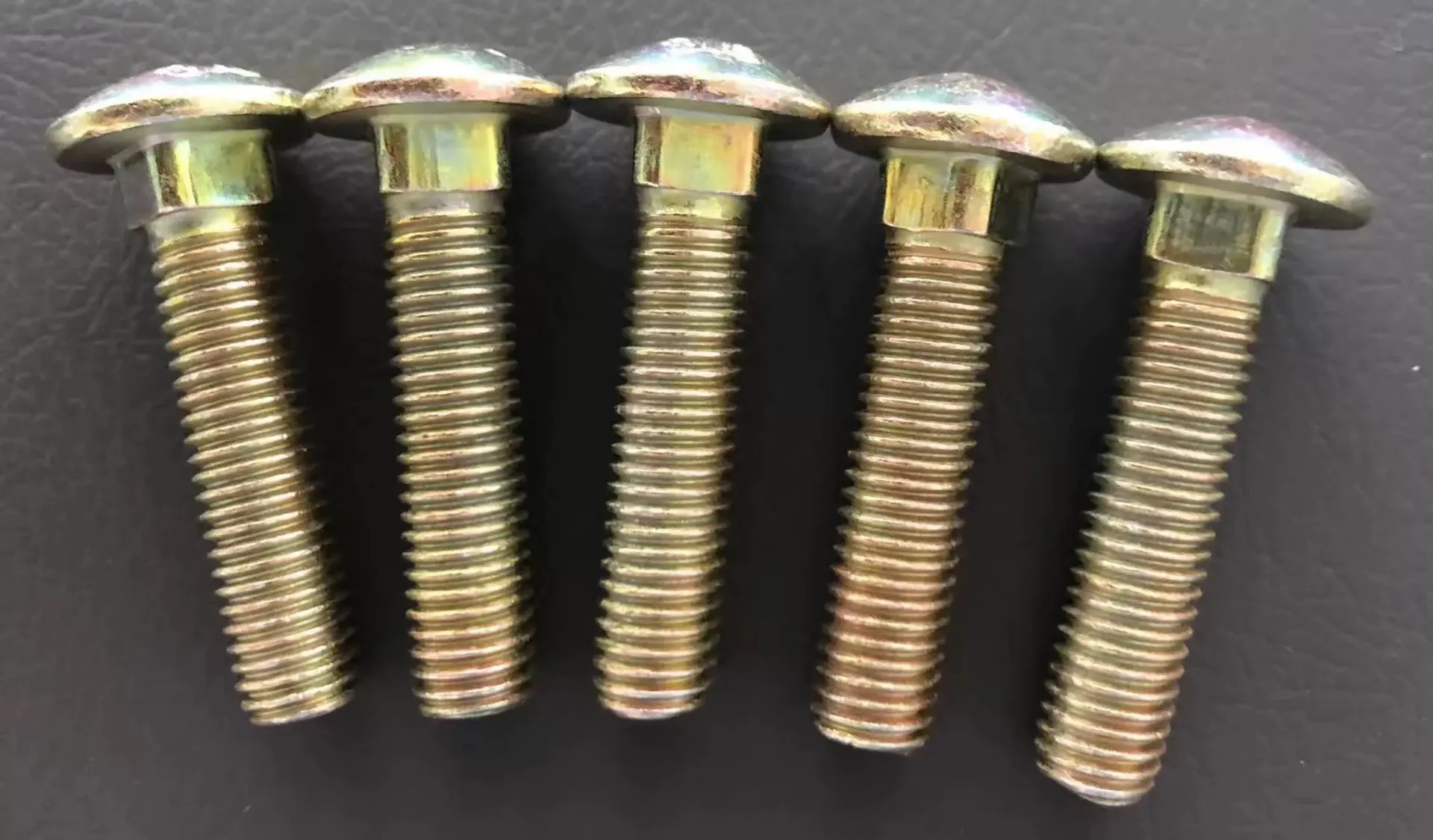

flat washer m36
9月 . 23, 2024 06:34 Back to list
flat washer m36
Understanding Flat Washers The Case for M36 Flat Washer
Flat washers are essential components in various mechanical and construction applications, providing stability, load distribution, and protection against damage. Among the many sizes available, the M36 flat washer stands out due to its versatility and effectiveness in a wide range of environments. This article discusses the significance of flat washers, specifically focusing on the M36 size, and how they play an essential role in numerous applications.
What is a Flat Washer?
A flat washer is a thin, disk-shaped piece of hardware typically made from materials such as steel, stainless steel, or plastic. Flat washers are used primarily to distribute the load of a fastener, such as a bolt or nut, over a larger area. This distribution helps prevent damage to the surface being fastened, minimizes wear, and reduces the risk of loosening caused by vibration.
The Importance of M36 Flat Washers
The M in M36 indicates the metric standard used in the sizing of these washers, with 36 denoting the nominal bolt diameter in millimeters. M36 flat washers are designed for use with M36 bolts, which means they are particularly suitable for heavy-duty applications. Their larger diameter makes them ideal for use in situations where the load exerted by a bolt may be substantial, providing enhanced support and stability.
Applications of M36 flat washers range widely across industries. In construction, they are often employed to ensure that structural connections remain secure under extensive load conditions. In mechanical assemblies, M36 washers can help manage the integrity of the components under dynamic loads. Additionally, they are common in automotive applications, where they are used in critical fastening points to maintain safety and reliability.
Materials and Coatings
flat washer m36

One of the key considerations when using M36 flat washers is the selection of material. Standard materials for these washers include
- Carbon Steel Offers good strength and is cost-effective, making it suitable for many general applications. - Stainless Steel Resistant to corrosion and rust, making it ideal for outdoor and marine applications, as well as in environments where chemicals are present. - Plastic Used in applications where electrical insulation is required or where a non-corrosive option is necessary.
In addition to material selection, coatings can also enhance the performance of M36 flat washers. For instance, zinc plating can provide a layer of protection against corrosion, thereby extending the washer’s lifespan and maintaining its effectiveness in various environments.
Installation Considerations
When installing M36 flat washers, it’s crucial to ensure that they are used correctly for optimal performance. The washer should be placed underneath the bolt or nut, ensuring that it is snug against a flat surface. Proper torque should be applied during installation to avoid overtightening or undertightening, both of which can compromise the connection's integrity.
Conclusion
In summary, M36 flat washers play a crucial role in a multitude of applications across various industries. Their design allows for effective load distribution, which is paramount in maintaining the effectiveness of bolted connections. By understanding the importance of M36 flat washers and selecting the appropriate materials and installation practices, engineers and builders can ensure the stability and longevity of their assemblies. As industries continue to evolve, the demand for reliable and effective fastening solutions like flat washers will remain strong.
Latest news
-
Hot Dip Galvanized Bolts-About LongZe|High Strength, Corrosion Resistance
NewsJul.30,2025
-
High-Strength Hot Dip Galvanized Bolts - Hebei Longze | Corrosion Resistance, Customization
NewsJul.30,2025
-
Hot Dip Galvanized Bolts-Hebei Longze|Corrosion Resistance&High Strength
NewsJul.30,2025
-
High-Strength Hot-Dip Galvanized Bolts-Hebei Longze|Corrosion Resistance&High Strength
NewsJul.30,2025
-
Hot Dip Galvanized Bolts-Hebei Longze|Corrosion Resistance&High Strength
NewsJul.30,2025
-
Hot Dip Galvanized Bolts - Hebei Longze | Corrosion Resistance, High Strength
NewsJul.30,2025

